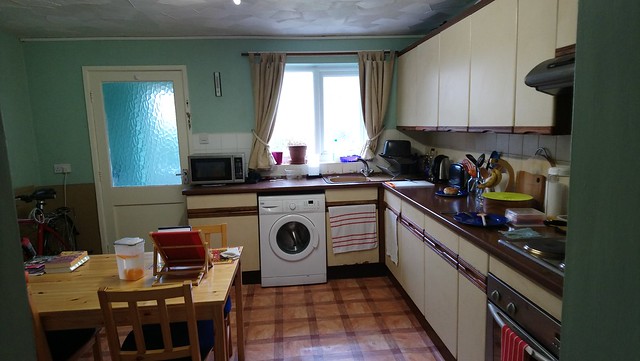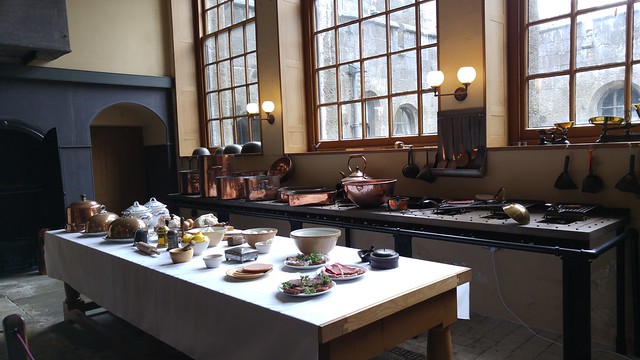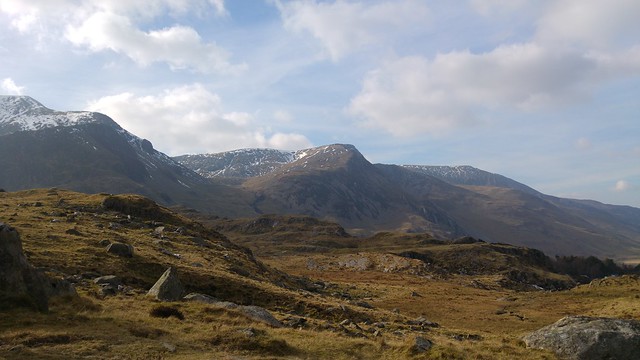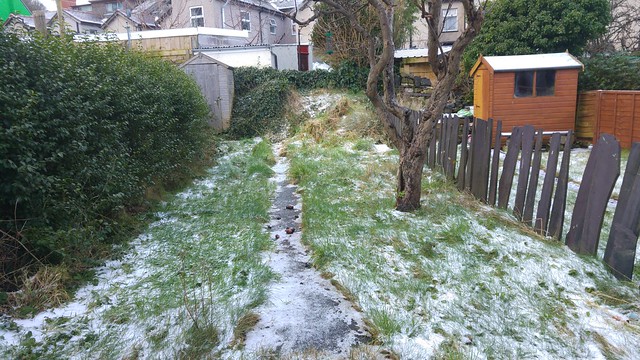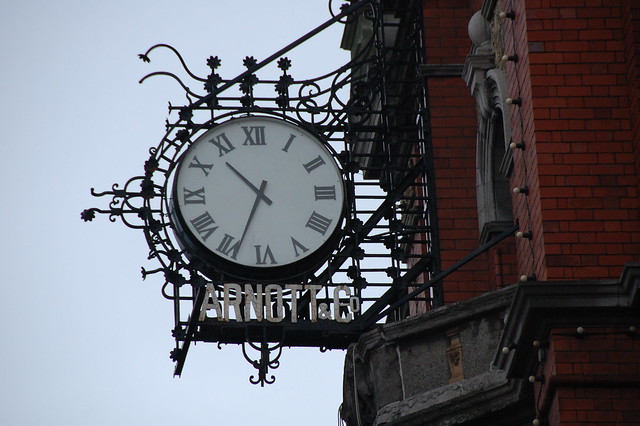Words for kitchens and related words in Celtic languages.
| Middle Irish (Goídelc) | cisten = kitchen |
|---|---|
| Irish (Gaeilge) | cistin [ˈcɪʃtʲənʲ] = kitchen, cook-house cistineach = culinary cistin phoiblí = soup kitchen cistin taistil = travelling kitchen cúlchistin = back-kitchen, scullery sorn cistine = cooker |
| Scottish Gaelic (Gàidhlig) | cidsin/citsin [kʲidʲɪn/kʲiʃdʲɪn] = kitchen cidsin-dubh = scullery cidsineach/citsineach = culinary, pertaining to or abounding in kitchens |
| Manx (Gaelg) | kishteen = cookhouse kishteen cooyl = back kitchen sorn kishteen = cooking range, cooker |
Etymology: from Middle English kychyn (kitchen, cooking, cuisine), from Old English cyċene [ˈky.t͡ʃe.ne] (kitchen), from Proto-West-Germanic *kukinā (kitchen), from Late Latin cocīna (kitchen), from coquīna (cooking, cookery, kitchen). from Latin coquō (to cook, prepare food, ripen, roast), ultimately from PIE *pekʷ- (to cook, become ripe) [source].
English words from the same roots include kitchen, cook, cuisine, biscuit and kiln [source].
| Proto-Brythonic | *kėgin = kitchen |
|---|---|
| Middle Welsh (Kymraec) | kegyn, kecyn = kitchen |
| Welsh (Cymraeg) | cegin [ˈkɛɡɪn/ˈkeːɡɪn] = kitchen cegin(i)af, cegin(i)o = to cook, prepare food ceginaidd = culinary, commonplace cegindy = eating-house, cook-shop ceginfa = galley ceginiaeth = cookery, the culinary art, cuisine ceginol = culinary ceginwaith = kitchen work, cookery ceginwas = scullion, kitchen-knave ceginwr / ceginwraig = cook cegin gefn/fach = back kitchen cegin groes = scullery cegin orau = parlour, sitting-room |
| Old Cornish | keghin = kitchen |
| Cornish (Kernewek) | kegin [ˈkɛɡɪn] = kitchen kegina = to cook keginer / keginores = chef keginieth = cookery |
| Breton (Brezhoneg) | kegin = kitchen keginañ = to cook, culinary keginer = cook, chef cooker keginerezh = cooking, cuisine keginouriezh = art of cooking, culinary art, cuisine |
Etymology: from the Vulgar Latin cucīna (cooking, kitchen), from the Latin coquō (to cook), from the Proto-Indo-European *pekʷ- (to cook, become ripe) [source].
| Manx (Gaelg) | shamyr aarlagh / shamyr aarlee = kitchen, galley, caboose shamyreen aarlee = kitchenette sorn aarlee = kitchen range greieyn aarlee = kitchen utensils |
|---|
Etymology: from shamyr (room) and aarlee (to cook, prepare, train) [source].
Incidentally, one of the rivers near Bangor is called Afon Cegin (see below), which I’ve always thought meant ‘Kitchen River’, and wondered what it had to do with kitchens. However, cegin also means green woodpecker or jay, and is cognate with the Breton kegin (jay). Or it can mean ridge or hog’s back. The River of the Green Woodpecker / Jay, sounds more poetic and likely than the Kitchen River.
Sources: Wiktionary, Am Faclair Beag, Online Manx Dictionary, Teanglann.ie, eDIL – Electronic Dictionary of the Irish Language, In Dúil Bélrai English – Old Irish glossary, Geiriadur Prifysgol Cymru, Gerlyver Kernewek, Dictionaire Favereau, TermOfis, English – ProtoCeltic WordList (PDF), Etymological Dictionary Of Proto Celtic
